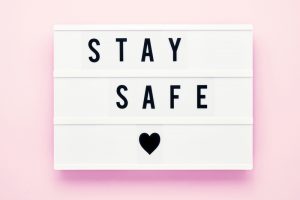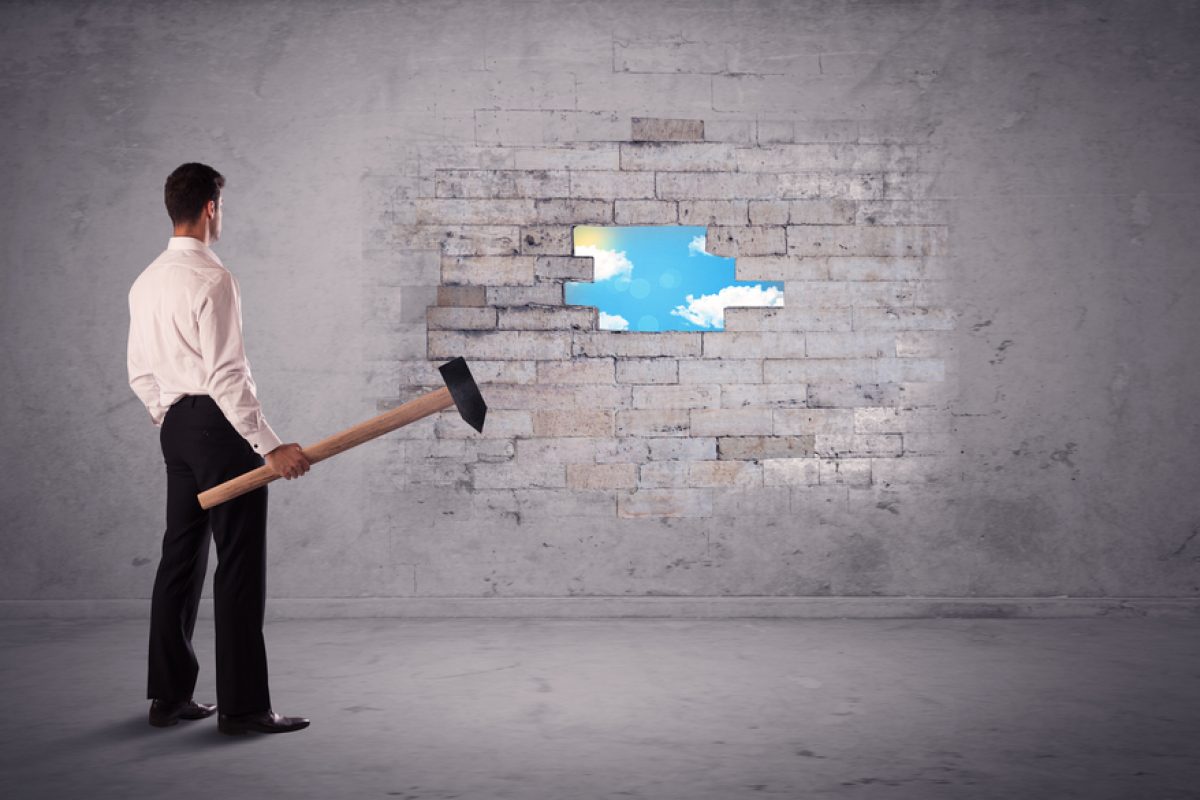Throughout this pandemic, and through periods of lock-down, we’ve cycled through numerous emotions- concern, fear, anger, worry, relief (occasionally), and …guilt? Yes, guilt.
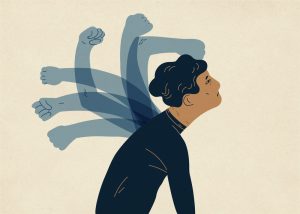
While many have suffered from the after effects of the crisis; be it falling victim to the virus themselves, supporting family members who have had their livelihoods affected, or having their own livelihood affected (either by the pandemic or the impact), we are all doing our best to stay afloat, and help as many as we can. At this point in time, it’s hard to find someone who hasn’t had their life affected by it. And yet, there are some who feel that they haven’t suffered enough!
This feeling of guilt is a form of survivor’s guilt known as ‘pandemic guilt’, and it is becoming a more common phenomenon as we navigate the aftershocks of the Covid-19 pandemic. Pandemic Guilt tends to affect those who feel that they haven’t been as impacted by the pandemic as those around them, or even people they see on social media or the news.
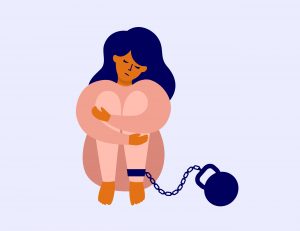
Some examples of pandemic guilt include:
- Feeling guilty that you aren’t negatively impacted by quarantining or working from home. For some, being quarantined and working from home doesn’t affect you negatively. Instead, you find that your quality of life has actually improved. For a person experiencing pandemic guilt, this often leads to thoughts such as “How can I feel glad about working from home when so many others are suffering?”. This also leaks over to work stress- rather than acknowledging any stress or tiredness from working at home, they instead think “I’m feeling stressed about work while there are people who have lost their jobs in the pandemic.”
- Feeling guilty that you aren’t doing more to help others. With incomes being slashed or altogether compromised thanks to the pandemic, and social distancing rules in place to combat the spread, offering help to those in need has become slightly more challenging. When pandemic guilt strikes in this instance, it leads to thoughts such as “I feel guilty that I don’t make enough to contribute” or “People who need help are struggling out there – but I’m too scared to go out and risk catching the virus”.
- Feeling guilty that you initially didn’t take this seriously. When the pandemic first broke out, a lot of us found it hard to take news of its virulence seriously. “It’s just a more serious version of the flu, no need to be scared” or “There’s no need to be so serious about social distancing, it’s not that big a deal!” or even “What are you wearing a mask for, relax!” were common refrains. Then the cases spiked. And so did the number of people affected. And as they did, so did the guilt that we didn’t take it seriously when it first broke out, left some thinking; “Maybe if I’d taken it seriously back then, it could have helped control the spread somehow.”
- Feeling guilty that you “wasted time”. A lot of us picked up some new skills during the initial days of lock down- especially when we were home alone with nothing to do. Most of us brushed up on cooking skills, taught ourselves how to paint or play an instrument, picked up extra skills to use at work like basic coding, or worked on our physical health. Some, however, felt unproductive- finding it hard to feel motivated to do anything, and then feeling guilty about ‘wasting’ time being unproductive.
Given how the pandemic has affected the whole world collectively, it is understandable that we do suffer from this form of survivor’s guilt. It has been described as a long-term stress response to a ‘fight or flight’, or dangerous situation, which does not immediately appear to have a solution. Feeling fear, anxiety and guilt is something entirely valid- and enjoying those small moments of joy and peace that you manage to find amidst the stress is perfectly valid too. For those who need it, here are some things you can try to mitigate the pandemic guilt that you feel.
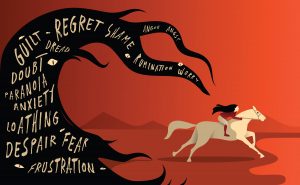
- Acknowledge your feelings, positive and negative. It might be easier to not admit to any negative feelings, especially if you feel that you ‘don’t deserve’ to feel them because so many others have it worse. But burying your emotions gives them more time to ferment, and more time to affect you right when you least expect them to. Instead of hiding them, acknowledge your feelings, and identify them; that way, you won’t need to waste any energy attempting to hide them, leaving you with more energy to move forward.
- Substitute guilt for gratitude. Try this on for size: When you start feeling guilty for feeling safe and secure during a pandemic, instead of thinking “I’m so privileged, other people have it so much worse”, consider instead “I am thankful for being able to live safely and securely. I will do my best to help others achieve this.” instead. In addition to that, you can also beat back the guilt by helping in small ways where you can. It doesn’t have to be donating all your salary to the needy- maybe find out who needs a hand with their groceries and offer a helping hand instead?
- Be careful of who you surround yourself with. Sometimes, those around us, while meaning well, may have the unfortunate habit of contributing to our guilt spirals. For example, you could have a friend or acquaintance who’s gotten into the habit of shaming you every time you share any positive news, however small. There is nothing wrong with sharing positive news (so long as it’s done sensitively)- but there is something wrong with tearing down a person for doing so. Be aware of your emotions and mood when speaking to those around you, this will help identify where you can speak freely, and where you’ll need to draw boundaries for your mental well-being.
- Take care of yourself. To give yourself better control over how you feel, it’s important to take a good, hard look at whether or not your needs (both physical and mental) have been met. Your body plays an important role in contributing to your mental health- make sure you’re getting enough rest and exercise, and that you’re eating as healthily as you can. Take some time to indulge in your hobbies, and make sure you treat yourself with the compassion you reserve for others- after all, if you can be empathetic to others, why not yourself?
With how unexpected the pandemic was, and how tough times have been, there’s nothing wrong at all about feeling down. Take care of yourself, and cut yourself some slack- your emotions are entirely valid and deserve to be acknowledged. Stay safe everyone, and take care.
